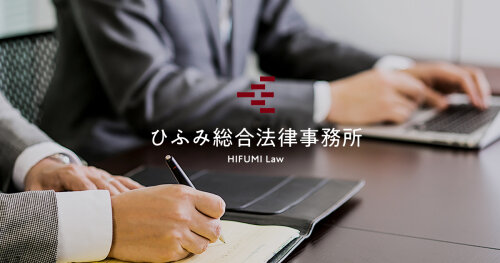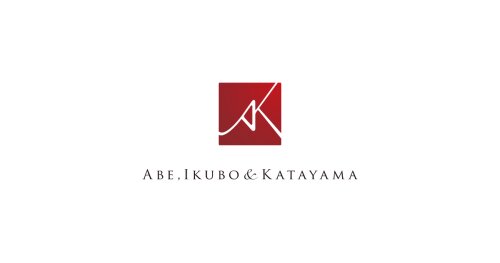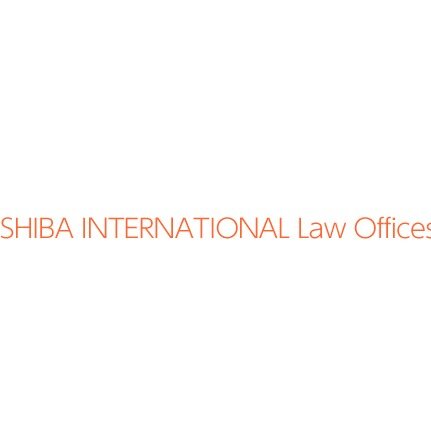Best Art & Cultural Property Law Lawyers in Tokyo
Share your needs with us, get contacted by law firms.
Free. Takes 2 min.
List of the best lawyers in Tokyo, Japan
About Art & Cultural Property Law in Tokyo, Japan
Art & Cultural Property Law in Tokyo, Japan, encompasses various legal issues related to the creation, acquisition, ownership, protection, and restitution of artworks and cultural heritage. This area of law is integral to preserving Japan's rich cultural history while fostering a healthy market for art and antiques. With Tokyo being a global cultural hub, the legal framework here ensures that both domestic and international transactions in art are conducted ethically and in accordance with national and international standards.
Why You May Need a Lawyer
Navigating the complexities of Art & Cultural Property Law often requires specialized legal assistance. Here are some common situations where you might require legal help:
- Resolving disputes over the ownership of artworks or cultural artifacts.
- Dealing with issues related to illicitly exported or imported cultural property.
- Negotiating sales, loans, or exhibitions of art pieces.
- Securing intellectual property rights for artists and creators.
- Addressing provenance and authenticity of art pieces and artifacts.
- Drafting and reviewing transactional documents related to art sales.
- Compliance with Japanese cultural property laws as well as international conventions.
Local Laws Overview
Tokyo's legal landscape for art and cultural property is influenced by various national laws and international agreements. Key aspects include:
- The Culture Property Protection Act, which emphasizes protecting artworks and cultural properties from damage and theft.
- Regulations regarding the export and import of cultural properties to prevent illegal trafficking of valuable artifacts.
- Intellectual property laws that protect the moral and economic rights of artists.
- Japan's participation in international treaties such as the UNESCO Convention and Unidroit Convention, ensuring global cooperation in cultural property matters.
Frequently Asked Questions
What is considered a cultural property under Japanese law?
Cultural properties in Japan include tangible items like paintings, sculptures, buildings, and intangible assets such as traditional arts and crafts, all of which have cultural significance.
Can cultural properties be exported from Japan?
Exports are heavily regulated and, in many cases, prohibited to protect cultural heritage. Special permissions are required for specific items deemed culturally significant.
How do I verify the authenticity of an art piece?
Engage reputable appraisers or authentication services and require proper documentation like provenance papers and certificates of authenticity when acquiring art.
What is the process for reclaiming stolen art?
Report the theft to local authorities immediately and consult a lawyer specializing in art law to initiate recovery through legal channels, which may involve international cooperation.
How can I protect my artwork legally?
Use copyright laws and register your works if applicable. It's also prudent to have insurance coverage for physical protection against damage or theft.
What is the statute of limitations for art-related disputes?
The statute varies based on the nature of the dispute. Consulting with a legal professional will provide clarity based on specific circumstances.
Do Japanese laws apply to foreign art exhibitions?
Yes, when exhibited in Japan, foreign artworks are subject to Japanese laws related to import, safety compliance, and other regulatory requirements.
How does Japan handle repatriation claims?
Japan adheres to international standards and conventions, often involving diplomatic and legal negotiations to resolve such claims.
What role do museums play in cultural property law?
Museums are custodians of cultural heritage and must adhere to strict regulations regarding the acquisition, display, and repatriation of cultural properties.
Are digital artworks protected by the same laws?
Yes, digital artworks fall under intellectual property laws,.ensuring artists' rights are protected akin to physical artworks.
Additional Resources
Several resources can assist individuals seeking guidance on Art & Cultural Property Law in Tokyo:
- The Agency for Cultural Affairs in Japan provides oversight and information on cultural property laws.
- The Japan Art Dealers Association offers insights into the art market regulations.
- UNESCO and related international organizations provide resources about global standards concerning cultural property.
Next Steps
If you need legal assistance in art and cultural property matters, consider the following steps:
- Consult with a lawyer specializing in Art & Cultural Property Law who has a deep understanding of both national and international considerations.
- Prepare all relevant documents, including provenance, purchase history, and any communications related to the case.
- Stay informed about local and international law developments by joining relevant art law societies and forums.
Lawzana helps you find the best lawyers and law firms in Tokyo through a curated and pre-screened list of qualified legal professionals. Our platform offers rankings and detailed profiles of attorneys and law firms, allowing you to compare based on practice areas, including Art & Cultural Property Law, experience, and client feedback.
Each profile includes a description of the firm's areas of practice, client reviews, team members and partners, year of establishment, spoken languages, office locations, contact information, social media presence, and any published articles or resources. Most firms on our platform speak English and are experienced in both local and international legal matters.
Get a quote from top-rated law firms in Tokyo, Japan — quickly, securely, and without unnecessary hassle.
Disclaimer:
The information provided on this page is for general informational purposes only and does not constitute legal advice. While we strive to ensure the accuracy and relevance of the content, legal information may change over time, and interpretations of the law can vary. You should always consult with a qualified legal professional for advice specific to your situation.
We disclaim all liability for actions taken or not taken based on the content of this page. If you believe any information is incorrect or outdated, please contact us, and we will review and update it where appropriate.














